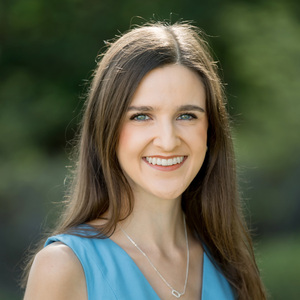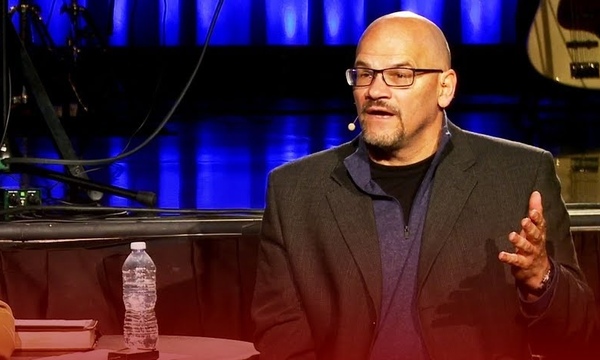According to data recently released this year by the United States Census Bureau, nearly 43% of California residents speak a language other than English at home. In response to this growing need for educators who can effectively teach students and support families who speak languages other than English, Biola University’s School of Education will launch a Master of Arts in P-12 Multilingual, Multicultural Education program in Fall 2023.
This is the first master’s program at Biola that offers CTC-approved Bilingual Authorization, and courses specifically focus on serving children and families in multilingual, multicultural, and immigrant communities by preparing educators to be better-equipped to serve the increasingly diverse U.S. school systems.
“The master’s program is designed for educators who wish to critically examine current educational issues and equitable practices within multilingual and multicultural contexts from a biblical perspective,” said Dr. Jenna Canillas, program director and associate professor in Biola’s School of Education.
The new graduate degree will equip educators with research-based best practices for teaching P-12 multilingual, multicultural and immigrant students by focusing on language equity, learning and culture. Coursework and projects will assist educators to develop their own educational philosophy for multilingual and multicultural environments and cultivate the intercultural competence necessary to be an effective educator in multicultural settings.
The degree will offer four concentrations: Bilingual Authorization — Spanish, Language Acquisition, Bilingualism and Biliteracy for Young Learners, and a personalized concentration.
“Students’ choice of specialization allows them to pursue their own educational and career interests using library research, creative problem-solving, and action-orientation projects that synthesize learning,” said Canillas.
One such concentration, approved by the California Commission on Teacher Credentialing, is bilingual authorization. This concentration, which currently focuses on Spanish, authorizes credentialed educators to teach in a bilingual setting.
“The Master of Arts in P-12 Multilingual, Multicultural Education degree provides the unique option for students and teachers to obtain a Bilingual Authorization in Spanish taught within a biblical context. The M.A degree offers three courses for the bilingual authorization which can be attached to any existing California credential,” said Dr. Carolina Serna, director of the bilingual authorization program and associate professor in Biola’s School of Education.
One of the program’s concentrations — language acquisition: assessment and learning — will strengthen educators’ understanding of how students acquire language and features strategies and research-based best practices for language assessment and academic vocabulary development in P-12 and adult education.
The bilingualism and biliteracy for young learners concentration provides a deep dive into literacy practices for dual language learners with an emphasis on listening, speaking, reading, and writing in multilingual contexts, making it especially appropriate for early childhood teachers of ages 0 to 8.
Finally, the personalized concentration is designed for experienced educators. This concentration allows students flexibility to self-select 9 units of advanced coursework related to language, culture and diversity.
While M.A.Ed. degrees are typically research-driven, the new program also features many practical components such as studying asset-based approaches to working with multilingual students and their families.
The Master of Arts in P-12 Multilingual, Multicultural Education has been approved by WSCUC as a distance education program for Fall 2023 and is available to be completed online for anyone across the globe.
Learn more about and apply to the Master of Arts in P-12 Multilingual, Multicultural Education program. Learn more about the School of Education.
Written by Sarah Dougher, media relations coordinator. For more information, email media.relations@biola.edu.
 Biola University
Biola University.jpg)




_(1).jpg)